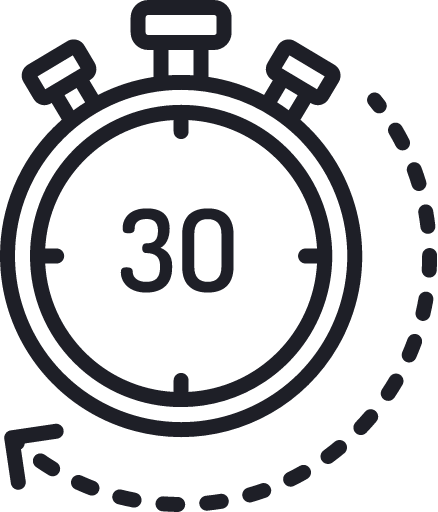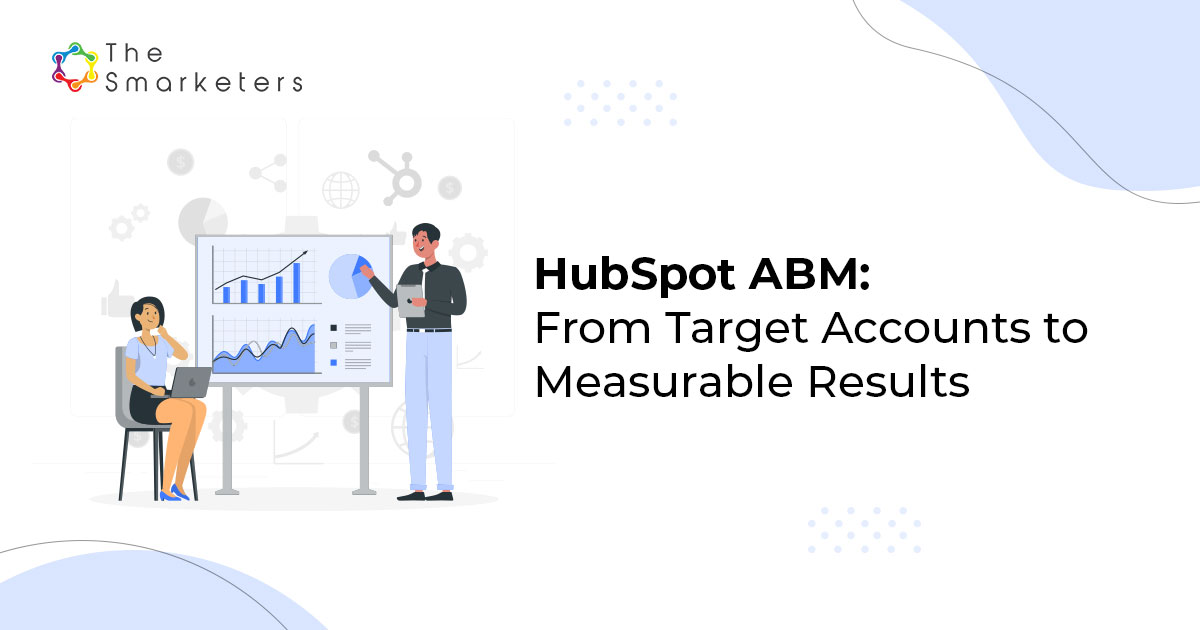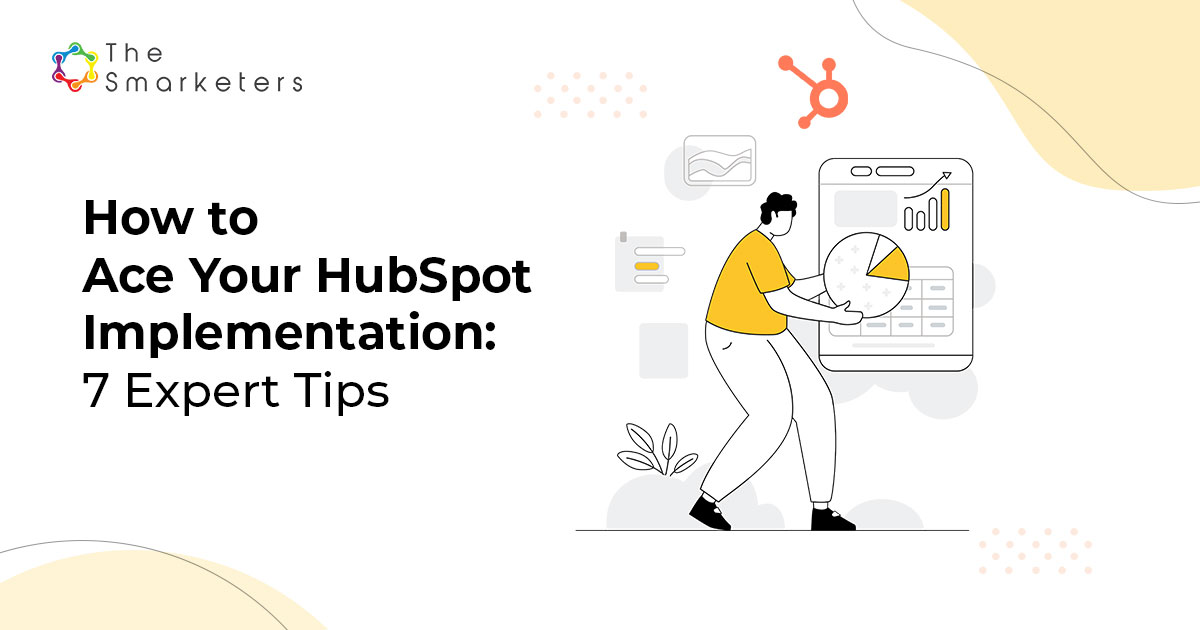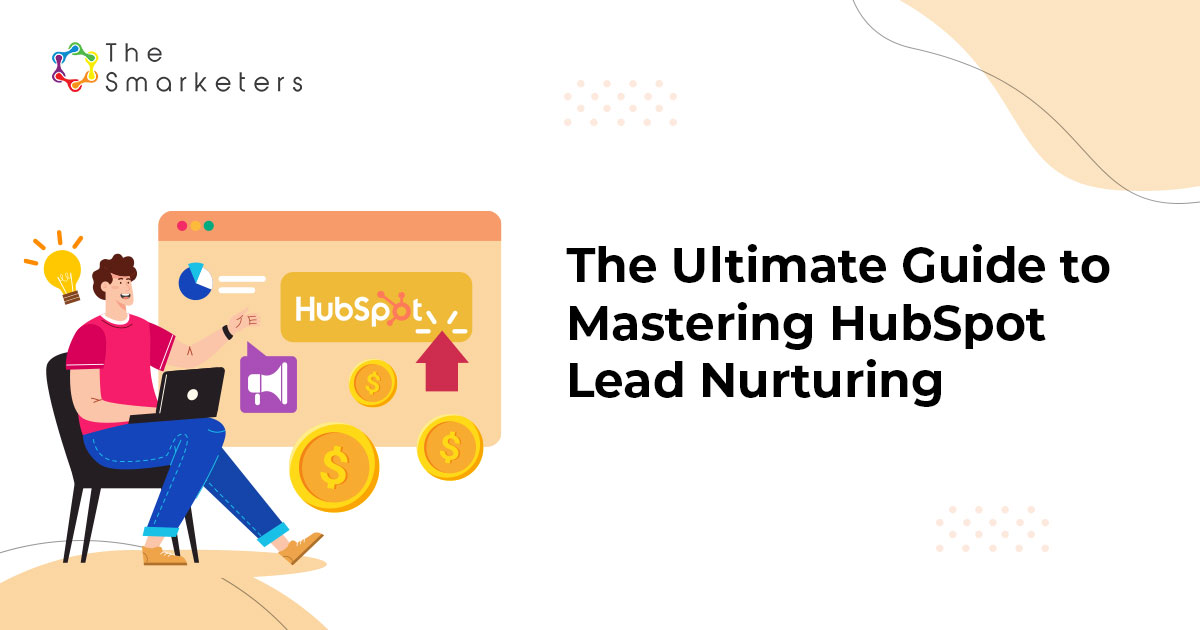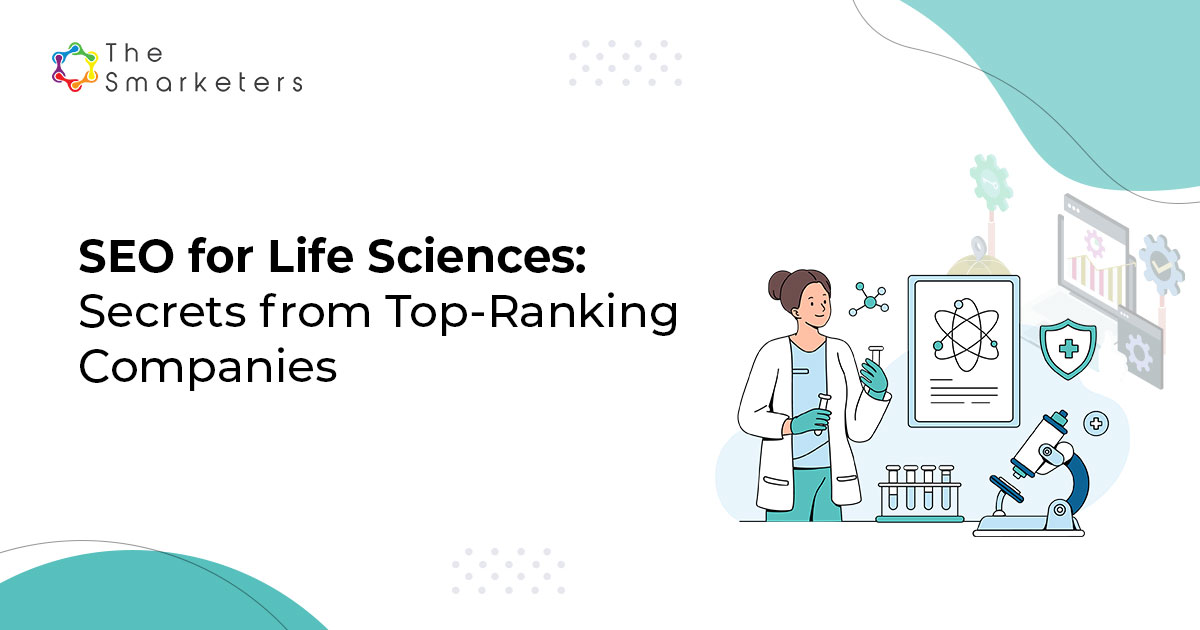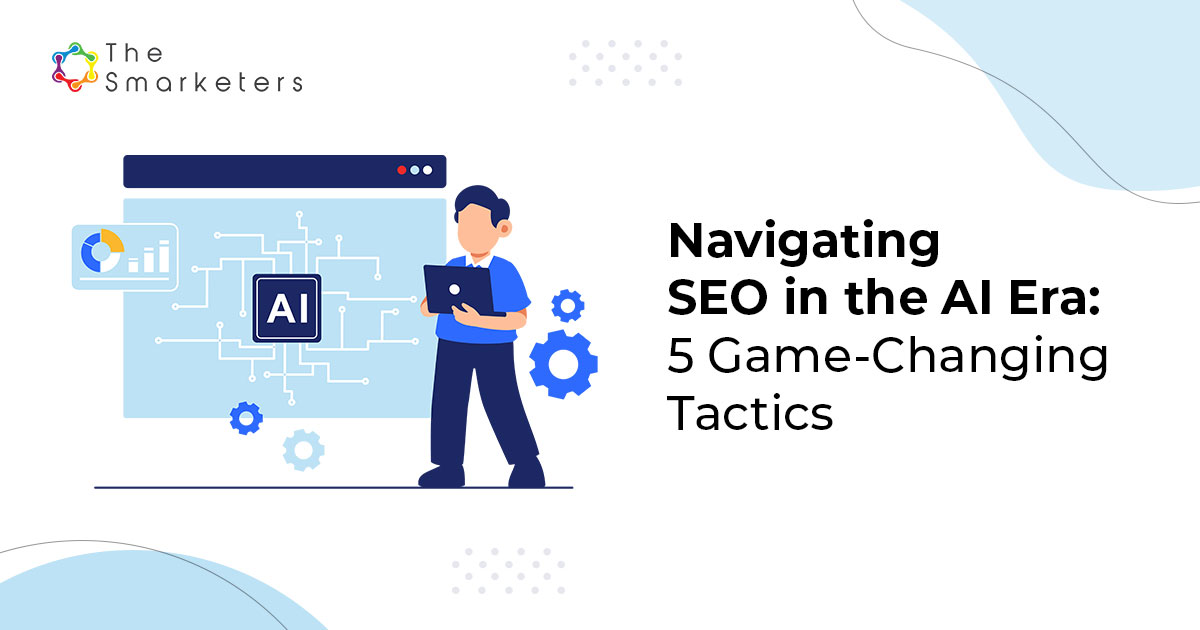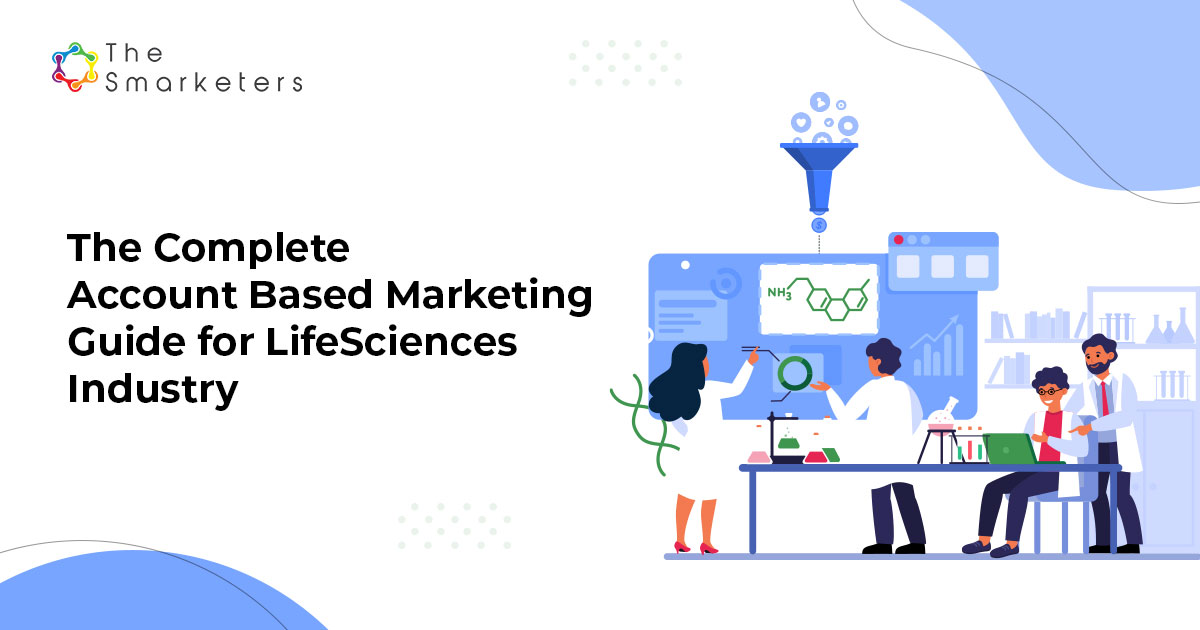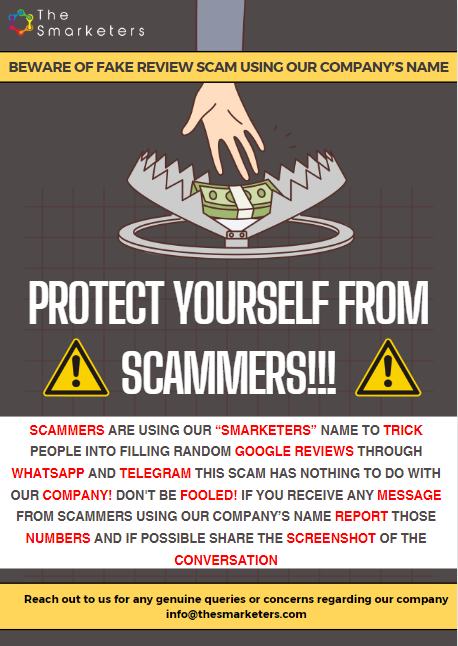As the healthcare industry grows, its dependence on apps and platforms increases. Today, healthcare providers use healthcare SaaS and digital technology in healthcare to provide improved patient care. There is a rapid evolution of the health tech ecosystem, and health tech companies must keep up with the changes.
According to a recent study published by MarketsandMarkets, the global healthcare IT market is projected to grow from $394.6 billion in 2022 to $974.5 billion by 2027, at a compound annual growth rate of 19.8%.
In addition to learning about the needs and preferences of customers, health technology firms must build loyal relationships with their users and must keep track of their patient’s health. This can be done by adopting telehealth solutions, electronic prescriptions, mHealth, healthcare CRM solutions, and the right health tech marketing strategies.
Let’s now look at the importance of healthtech marketing and why should health tech firms invest in effective healthcare tech strategies to ensure their success.
Healthcare marketing strategy: What does it mean?
An effective health tech marketing strategy is essential for the success of healthcare technology businesses. It provides a framework to ensure that customers know and engage with healthcare technology products and services. A well-crafted health tech marketing strategy should include objectives, methods, and tactics to ensure maximum reach and engagement.
Prerequisites to implementing health tech marketing strategies
When developing health tech marketing strategies, health technology businesses should consider the following elements:
- Identify and target key audiences: Digital health technology must identify relevant healthcare consumers, providers, and influencers. Understanding the needs of potential customers is essential for creating successful campaigns that drive engagement.
- Utilize healthcare data: Healthcare organizations increasingly rely on data to create healthcare tech strategies. Access to healthcare data can provide valuable insights into the varying health needs of customers and the effectiveness of different health tech marketing tactics.
- Establish a robust online presence: Health tech businesses must ensure an engaging and informative online presence. This can include a website, social media accounts, and healthcare blogs. A solid online presence will help health tech businesses increase awareness of their products and services and build relationships with potential customers.
- Focus on customer experience: Health tech companies should strive to create a positive customer experience through every interaction. This includes providing clear information about healthcare products and services and responding quickly and effectively to customer inquiries.
Top health-tech marketing strategies for 2023
An effective healthcare tech marketing strategy should be based on data-driven insights and target the right audiences to effectively promote health technologies.
Here is a quick healthcare technology marketing guide that includes the latest digital health technology in marketing strategies.
Pay-per-click ads
Pay-per-click (PPC) ads have become one of the healthcare industry’s most popular health tech trends for 2023. PPC enables health organizations to make their services more readily available by targeting consumers with personalized sponsored advertisements in search engine results and social media platforms, promoting health-related products and services.
When used correctly, it can effectively drive more traffic to the health organization’s website and increase user engagement through strategic placement of the ads. Additionally, health companies can track their PPC ads performance in real time with the help of analytics tools, enabling them to gain insights and improve their strategies as needed.
Social media engagement
90% of users instantly use web searches to find answers to their healthcare-related questions. It is crucial to approach healthcare service marketing with a tailored plan for each market segment, specialty, and particular practice.
With access to such data, health industry professionals can better tailor their social media campaigns to what resonates best with their targeted users. In this way, health companies build long-term relationships with potential healthcare customers while ensuring they meet customer needs efficiently and effectively.
Digital signage
Nowadays, screens are present in almost all medical facilities. But the visitors frequently find the content outdated and irrelevant. That’s because pre-designed media, such as brand pictures or welcome messages, typically plays on these screens via USB drives.
Healthcare marketers can use digital displays with the help of digital signage software. They can strategically enhance patient care and information sharing. The global digital signage market is set to reach $28.33 billion by 2026, growing at an annual rate of 6.02% since 2020.
Thus, Investment in digital signage will be profitable for any healthcare organization while providing patients with engaging and customized digital content.
Live Q&A sessions
It is an interactive, real-time event that connects health industry professionals with clients in a meaningful online forum. It enables valuable two-way conversations and allows healthcare professionals to gain unique insights into users’ needs and preferences. It also provides them with up-to-date health-related information.
Live Q&A sessions are an excellent healthcare software marketing strategy. They drive user engagement and provide an opportunity for health industry professionals to build trust with their clients, promote health services, increase demand for health resources, and, ultimately, improve user engagement.
Healthcare IoT devices
The healthcare industry can benefit significantly from the adoption and inclusion of the latest IoT devices. By incorporating health-related gadgets, smart apps, and technology into their health services, organizations can better engage with their users by providing realistic health outcomes and feedback.
Integrating IoT devices into health packages allows healthcare providers to collect insights, measure data, and analyze trends. These insights will help them improve health outcomes while enabling patients to remain informed and actively involved in managing their health.
Thanks to their portability and convenience, these IoT devices are flexible enough for users to engage in various aspects of health care, from diagnosis through treatment and follow-up care.
Membership plans
Since health-related industries are highly competitive, organizations must deploy healthcare SaaS marketing strategies, such as membership plans, to increase user engagement. Such plans usually offer subscribers exclusive access to health resources and discounts on health-related products or services.
Like other subscription models, memberships reward customer loyalty and trust in a health service provider by offering improved customer service through tailored plans. This leads to increased engagement, satisfaction, and sales, and it can also create trust between users and health industry providers over time.
Digital healthcare campaigns
The health industry has increasingly relied on digital health campaigns to engage potential clients. With digital health technology, healthcare providers can make the most out of digital platforms like social media and email inboxes to reach their clients directly.
This can lead to greater responsiveness, allows health organizations to quickly identify user needs, and provide instant solutions to health-related queries. Digital health campaigns also enable healthcare organizations to create tailored user experiences by collecting relevant data from various digital sources.
As a result, healthcare providers can present highly personalized content that will capture the attention of their target audience with better accuracy and efficiency.
Summing up
Creating an effective healthtech marketing plan requires a deep understanding of the healthcare industry, customer journey, and current industry trends. By leveraging data-driven insights and targeted campaigns, health technology firms can reach their target audience more effectively, build relationships with users, and gain valuable insight into customer needs and preferences. Investing in effective health tech marketing strategies is key for health technology firms to remain competitive in this rapidly evolving landscape.
If you belong to the healthcare industry and are looking for robust marketing strategies to reach your audience faster and more effectively, reach out to Smarketers.


